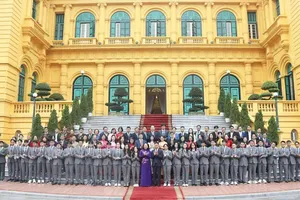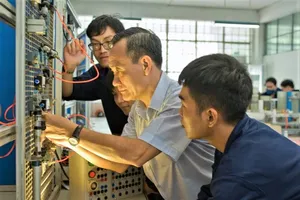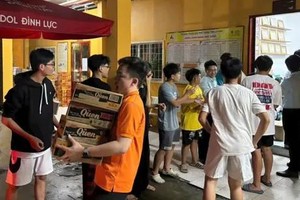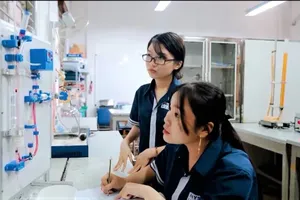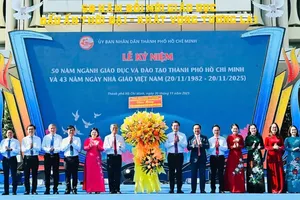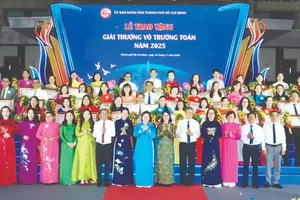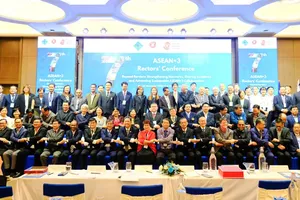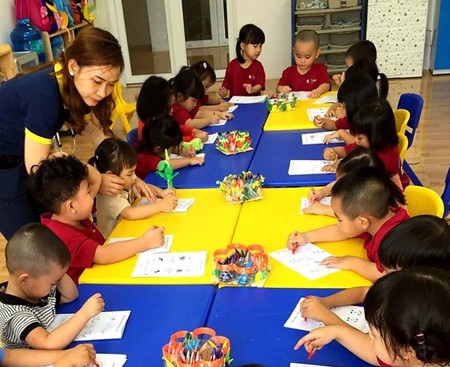
Thanks to the collaboration of the public, the education status in the Mekong Delta lately has witnessed significant improvements. Can Tho City now has around 562 educational institutes of all levels to accommodate nearly 376,000 learners. 110 of them are private-based, accounting for 19.61 percent – the highest in the region.
A similar situation is happening in other provincial cities in the area. In Soc Trang City, 13 kindergartens, 3 centers, and 17 small-scaled childcare groups are private to take care of 62.8 percent of the children in the city this year.
According to Chairman of Soc Trang City People’s Committee Nguyen Van Quan shared that the city has always welcomed private investments in education, especially in the kindergarten level, in order to ease the burden of the public sector.
Despite being considered the ‘educational low’ of Vietnam, the Mekong Delta still receives just a humble budget for education, not to mention a serious lack of schools compared to other areas in the country.
Statistics from the Educational Facilities, Equipment and Children’s Toy Department (under the Ministry of Education and Training) reveal that the Mekong Delta region needs to build 3,300 new classrooms, to concrete 8,550 classrooms, and to equip schools with about 2,200 learning kits.
Obviously, these tasks require much capital, resulting in the need to mobilize community aid. Therefore, the Government introduced Resolution No.35 on June 4, 2019 on increasing the mobilization of social resources for investment in education and training development for the 2019-2025 period.
The specific goal of this Resolution is to boost the growth of private-based educational institutes to reach 13.5 percent of the total, with 16 percent of learners studying here in 2025.
As shared by Mr. Nguyen Thanh Thong – CEO of Pacific Education System (located in Can Tho City), there is a high demand in the Mekong Delta region to have a high-quality educational system. However, since investors still cannot find sufficient attraction here, they are not eager to pour their money in. This comes from a lack of encouraging policies on land use, credit, construction support.
Mr. Phong believed that with appropriate and transparent policies, the region is able to attract much more capital from large investors.
Since the legal corridor for educational investment is still under development, most investors complain that they have experienced difficulties in accessing the preferential land resource for education and the special credit capital for educational growth.
What investors need at the moment is better or even special investment policies for education in the Mekong Delta. These policies have to be transparent, detailed, and easy to follow so that there would be no trouble implementing them. Only then can there be a stronger promotion for the whole community to participate in developing the current education system.


